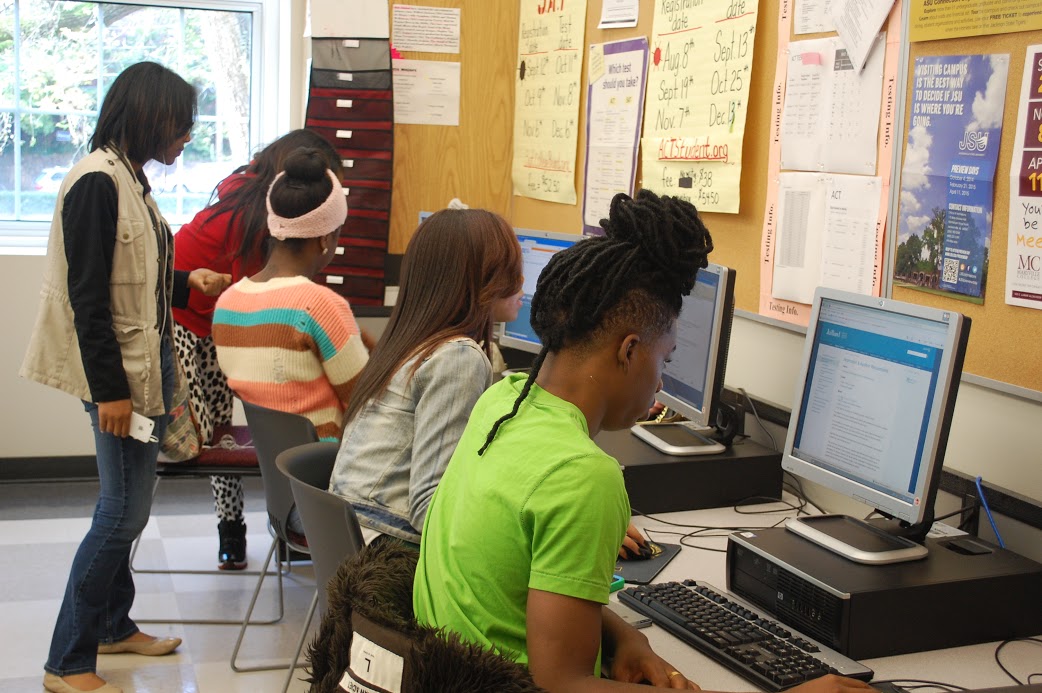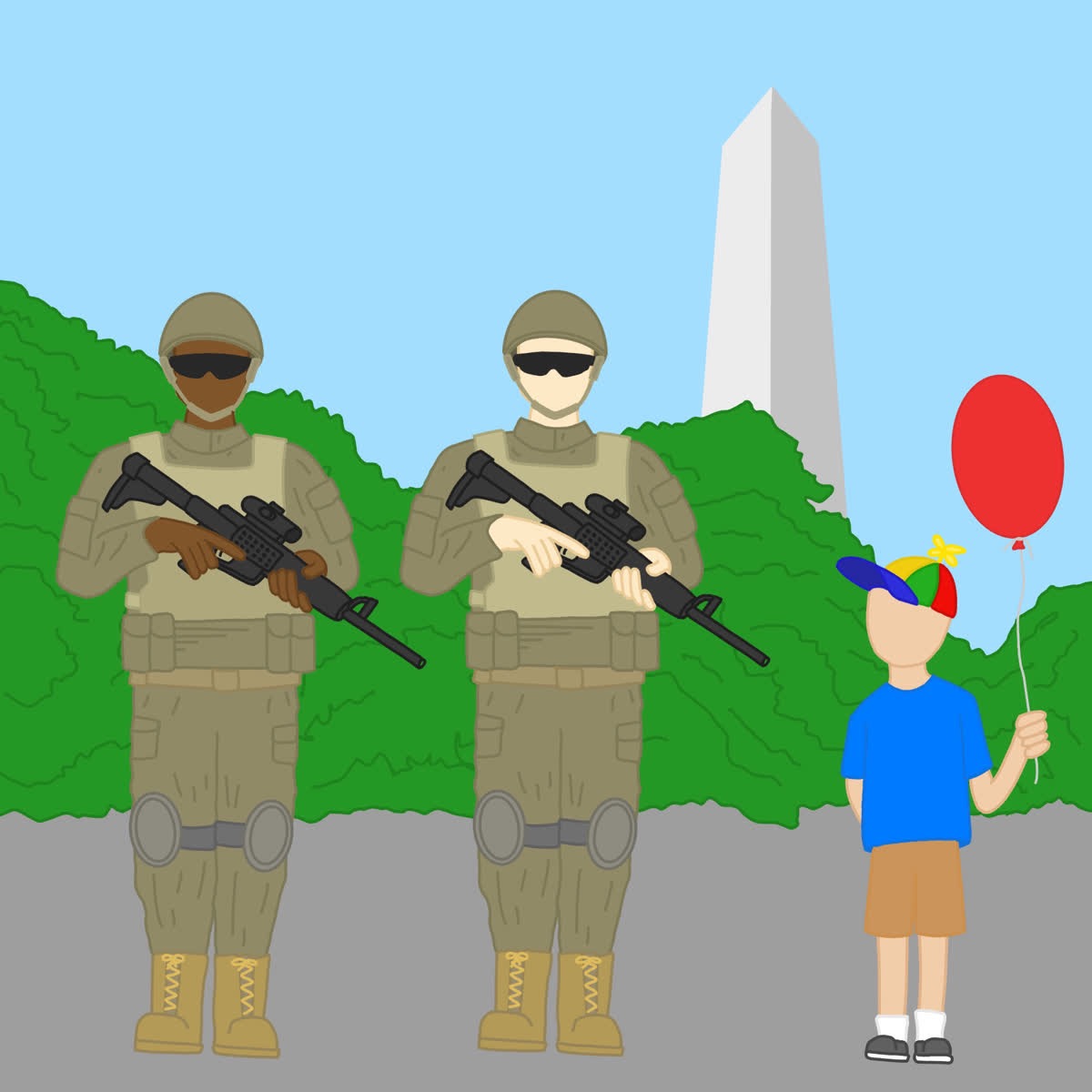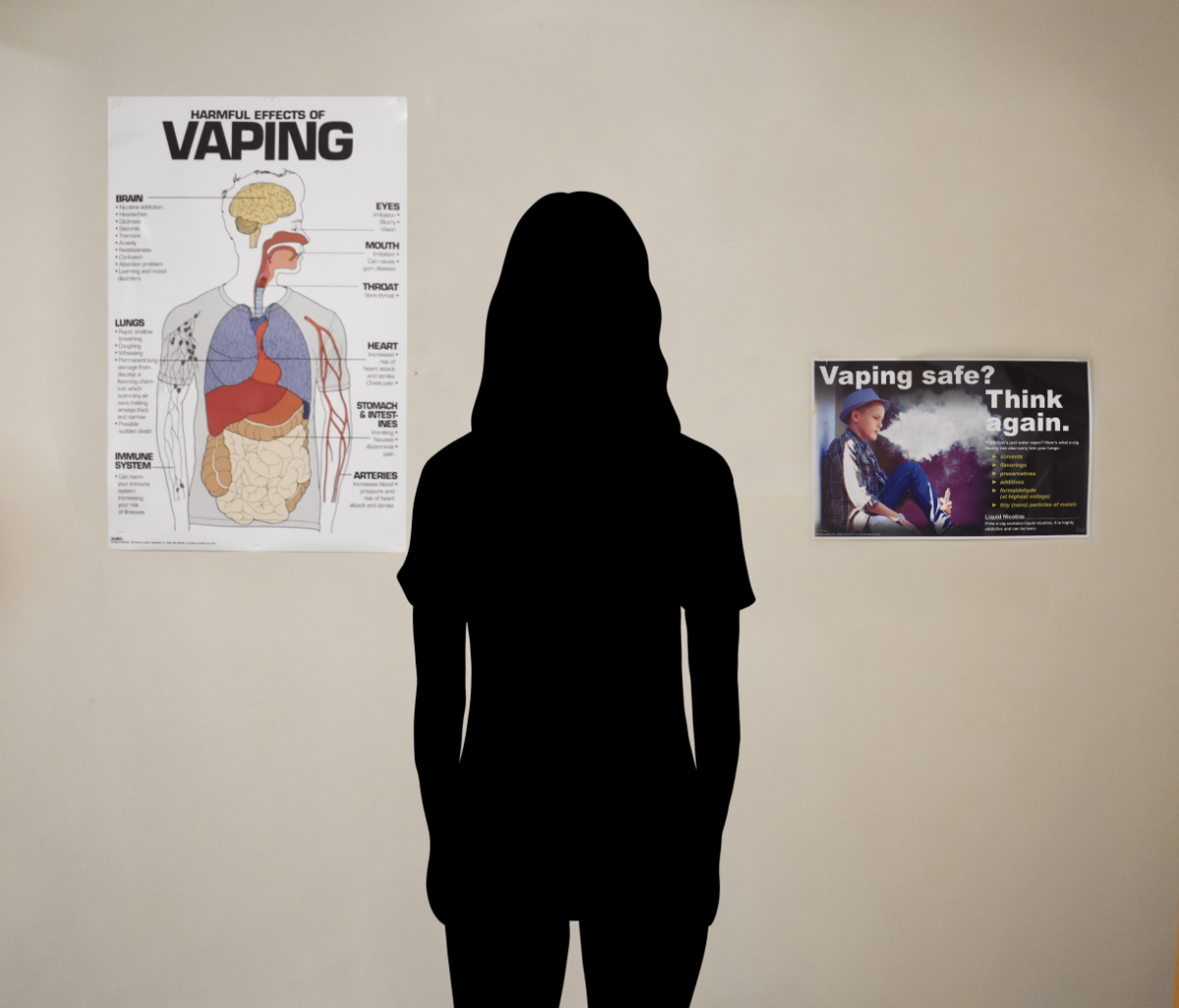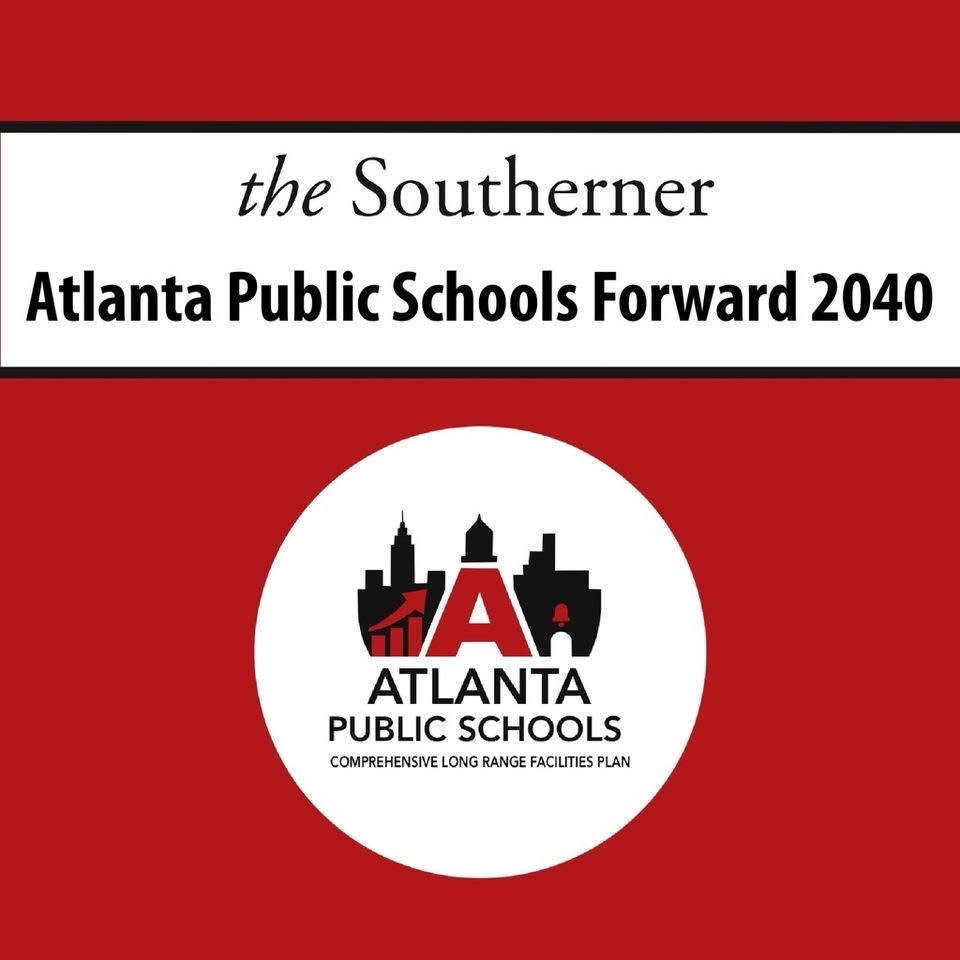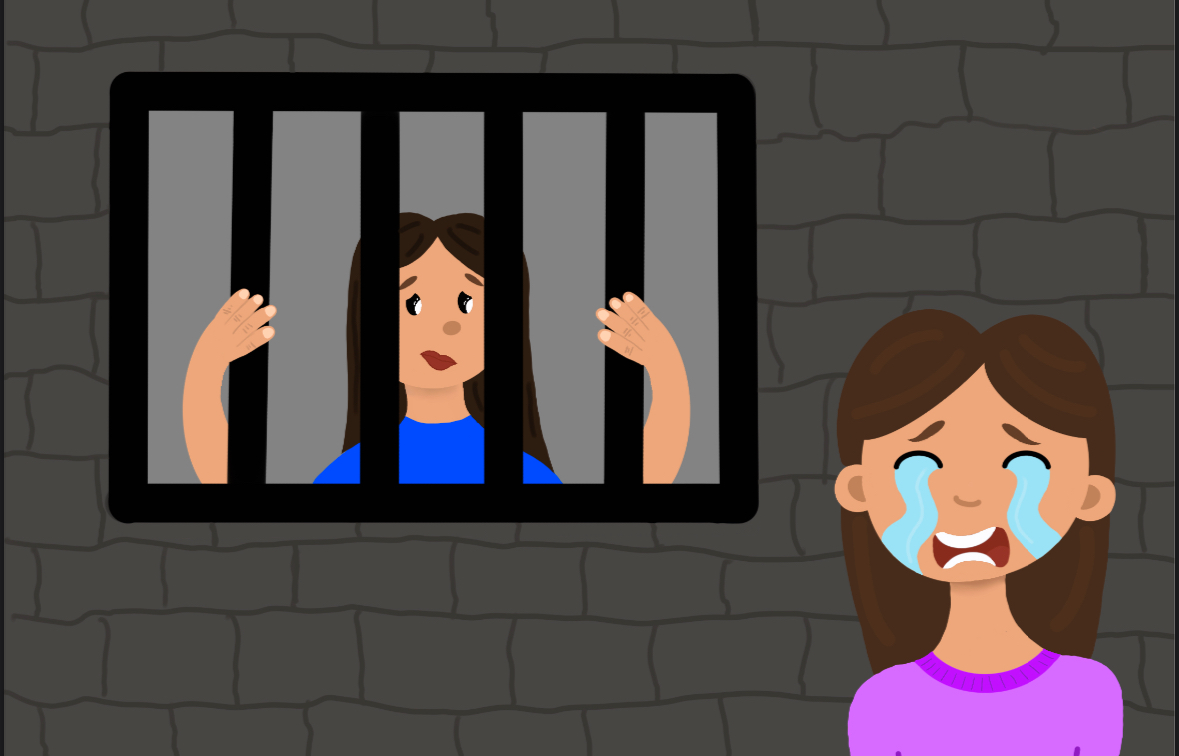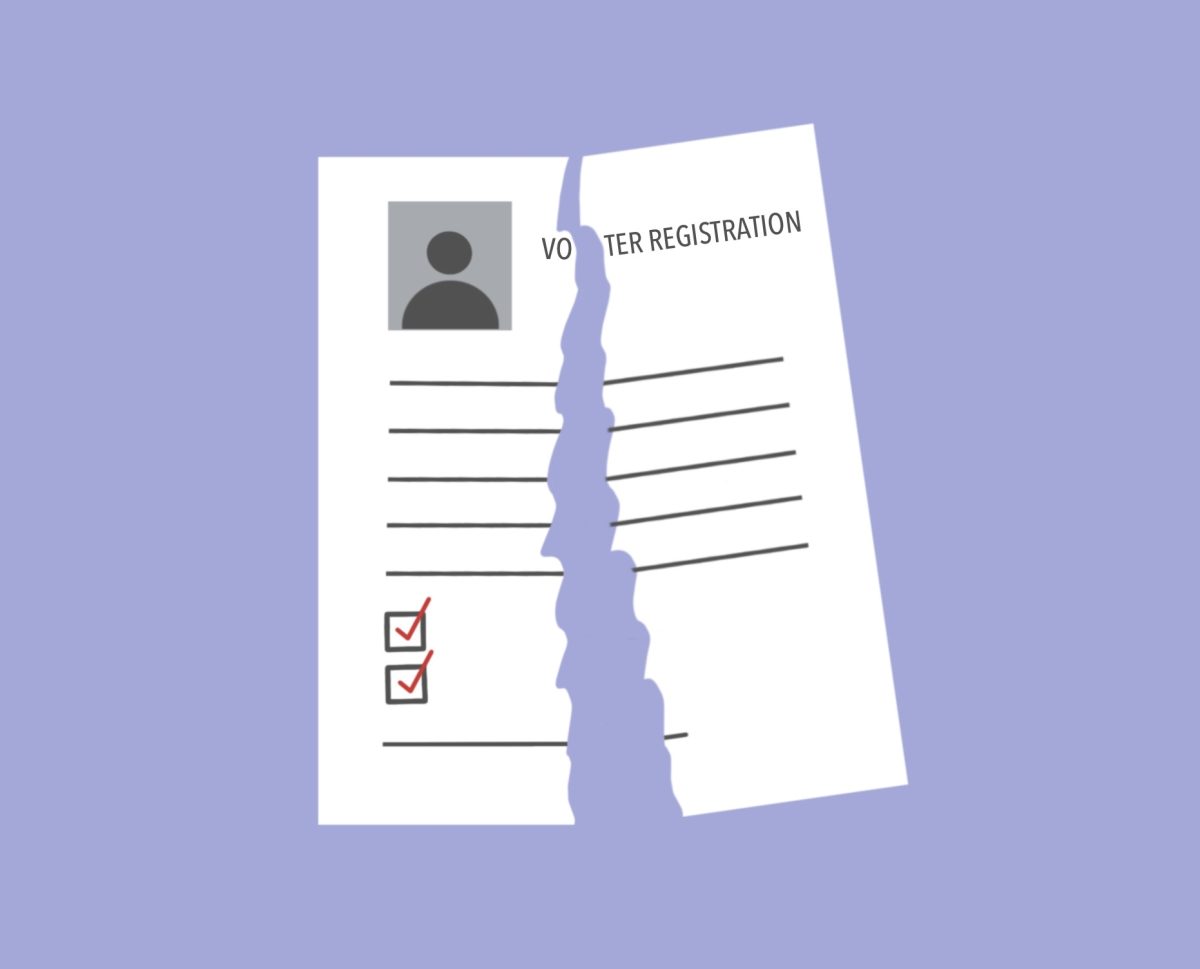
Quite a few students are missing their lunch periods. Instead of munching, they are flocking to computer tables, drafting resumés and editing college essays. The students surround college recruiters, listening to the visitors’ presentations, and rifle through binders with scholarship information. It’s fall, and that means that Grady’s College and Career Center is in its prime as another senior class prepares for college.
The CCC opened in 2006, when Grady parents Susan Muntzing, Sarah Bryant and Jenny Buyens noticed a lack of college information within the school. By 2007, they had received both a grant and a location: a classroom they shared with two math teachers.
In the past eight years, the CCC has grown tremendously, now occupying its own room on the C200 hall. Soon APS will be installing new computers to make the CCC double as a testing center for the new Milestone tests.
“We’re going for more of an electronic model than a paper model, so more computers will be better,” said Patti Lombardi, a CCC volunteer. “It might be a little bit more cramped, but it’ll be better.”
Lombardi and the other volunteers are working to encourage all students, especially those who may not be inclined to apply to college, to visit the CCC.
With more than 400 college admissions officers visiting per year and a wealth of information about scholarships, financial aid and summer programs, every student can benefit from the CCC, whether they are college bound or not.
“I’m a big time recruiter,” Lombardi said. “I’ll stand in the hall and pull people in.”
She said that for both first-generation college students and for those whose parents went to college, the application process can often mean learning a whole new vocabulary. Though this may seem overwhelming at first, Lombardi ensures that the students she helps are able to tackle any barriers.
“What’s No. 1 for me is to make sure kids don’t quit,” she said. “We want students to know that, of course this is the first time they’ve ever [applied for college], of course they have no idea how to do this, but we can learn together, and there’s a school or a job for everyone.”
Anna Pless Peel, a volunteer who worked as a counselor at New Schools of Carver and Maynard Jackson before coming to Grady, works mostly with first-generation and special-needs students. She said that first-generation students can come to the CCC and receive as much or as little help as they need.
“Some application questions are very tricky, and some first-generation students may not know how to answer those types of questions,” Pless Peel said. “That’s something that we do a lot, just sitting with students and helping them with their entire applications. There’s a lot of information available–especially if you’re first generation. You can ask any question, and somebody in here will find a way to get that answer to you.”
Tenisha Peterson, the CCC’s college adviser, works with students to help them find a college that is a good fit.
“Being first-generation just presents an obstacle, but it’s not a bad thing,” Peterson said. “If the family doesn’t have a large background in college, then a lot of times the parents don’t know as much about what the college admissions process is like. Even for students who aren’t first-generation, their parents probably went to school 20 years ago, and the process has changed.”
The volunteers often administer personality tests to help students determine potential college or career matches.
“Sometimes, for example, students may think that they should go into engineering because they’re good at math and science,” Peterson said. “Though they may be naturally inclined to do better in those courses, engineering may not be their true passion.”
The personality test led senior Jada Walker, who works closely with CCC volunteer Pless Peel, to aspire to earn a postsecondary degree in business.
“The survey told me that I’m helpful and that I like to work with my hands,” she said.
Walker was given a list of potential career matches and chose to learn more about real estate. Peel then helped Walker determine a list of colleges she could apply to to earn her business degree.
“[The volunteers] also helped me register for the ACT, and they referred me to an ACT prep class that’s cheaper than all the other ones,” Walker said.
Lombardi emphasizes that the CCC isn’t just for college-bound students—even those who don’t intend to apply to college can benefit. In fact, she specializes in guiding students who don’t plan to attend a four-year college.
“At the end of last year, we helped a lot of kids who weren’t going to go to college,” Lombardi said. “We got them involved with different careers, like construction, auto mechanics and the military. Our goal, really, is that you leave knowing where you’re going to go to college, or with a resumé in your hand, knowing how to get a work application. [We want all students to] get some kind of future training and be able to apply for a job.”
Ask any senior or CCC volunteer: one of the best ways to be prepared for college or job applications after high school is to start preparing early.
“To the ninth-graders who are new to Grady: stay in the CCC,” senior Jameesha Lamar said. “The CCC should be your life! I first came to the CCC in ninth grade, but I only started coming faithfully in 11th grade. Now, in 12th grade, I’m just in there [all the time].”
This is a common experience for many upperclassmen. The realization that their futures are right around the corner can be overwhelming. They aren’t the only ones, however, who can benefit from the CCC.
“We really recommend that underclassmen come in,” Lombardi said. “They can even sit in on the college visits. We have 400 colleges that come through every year. Just having them come in and listen to a college recruiter begins to teach them the language and exposes them to the process.”
Lombardi said that volunteers can also give underclassmen personality tests to help them select their courses.
“We want them to be comfortable with us and the room, and also have them encourage their friends to visit,” Lombardi said. “We also help a lot with summer jobs and community service, which all help build their resumés.”
“Every child should definitely come to the CCC, even ninth- and 10th-graders,” senior Ashley Durham said. “If you come while you’re still young in high school, by the time you get to senior year you will know exactly what to do.”
Durham said that her sister, who was a senior last year, struggled to prepare herself for college because she didn’t start planning early enough. This motivated Durham to start visiting the CCC regularly. She said that the college application process is far less stressful for students who start preparing for college early and that the CCC really breaks down the application process for younger students.
“We really hope that more and more students visit us,” Lombardi said. “A lot of kids will bank on something like a sports scholarship. While we don’t discourage that, we try to get students to understand that it’s worth the time to think about [other options] because it’s a very risky age. There’s so many young adults that are unemployed.”
No matter when students first visit the CCC, the volunteers will help them prepare themselves for the future.
“All of the volunteers really enjoy being here,” Lombardi said. “I have a full-time job, but one of my favorite days of the week is when I get to come in here. We just like helping people, and we realize that [the college-application process] is something that most students have no way of knowing how to do without some adult support. I love seeing kids get on the path to their future. Even if it might be bumpy, I know they got a good start.”

